Social Issues addressed by Sumitomo —Compass for the Future—
Biotope at factory site conserves endangered species
Reaching out to youngsters at local elementary schools to help them understand the importance of biodiversity
 Planetary Health
Planetary Health Development of the next generation
Development of the next generationSumitomo Bakelite Co., Ltd.’s roots go back to the first manufacturer of plastics in Japan. Nowadays the company is developing a stream of innovative technologies that capitalize on outstanding expertise and state-of-the-art facilities to maximize its contribution to an aspirational living environment whose hallmarks are safety and comfort. “Realize a sustainable society by expanding the potential of plastics” is the purpose animating the company. Through initiatives reflecting the letter and spirit of the Code of Conduct, which is based on the company’s Business Philosophy, Sumitomo Bakelite Co., Ltd. ensures its values are aligned with the Sustainable Development Goals (SDGs). Thus, the company vigorously engages in biodiversity conservation linked to Goal 15, reducing its environmental impact and pursuing a green procurement policy.
An ecosystem survey conducted in fiscal 2011 at the site of the Shizuoka Plant in Fujieda City, Shizuoka Prefecture, confirmed the presence of Japanese killifish, a Category II (VU) vulnerable species, in the regulating reservoir where water, primarily rainwater, is temporarily stored prior to discharge. Recognizing the ethical and practical case for preserving biodiversity, Sumitomo Bakelite Co., Ltd. created a biotope, which occupies about 5% of the Shizuoka Plant’s 276,472 m2 site. The biotope named Ikoi no Mori, meaning Forest of Relaxation, opened in March 2017.
The biotope is a stable habitat not just for Japanese killifish but for a wide variety of fauna and flora, including fabulous kingfishers and jewel beetles. Though designed to preserve the natural environment, the biotope requires regular maintenance to prevent inroads by non-native invasive species. The Environment Control Dept. is spearheading the company’s efforts to maintain the biotope through continual environmental monitoring, including weekly inspections.

The Shizuoka Plant is proud of the biotope and keen to share the story. It is doing this by highlighting the significance of the biotope in the context of biodiversity conservation. The plant is deepening partnerships with the local community by giving special classes at elementary schools and hosting their field trips. Moreover, the biotope is open to the general public. Employees from the Shizuoka Plant visit local elementary schools to give 45-minute classes to fourth and fifth graders as part of their education touching on environmental themes. They take care to keep everything simple, accessible, and fun for the youngsters. For example, since elementary school children have not yet learned about photosynthesis in science class, they avoid the term. To introduce the concept of carbon neutrality, they use lots of graphics, including animation, in an easy-to-understand explanation so that the children can grasp the core concept of CO2 absorption and understand that emissions are detrimental to the global environment.

In fiscal 2022, in accordance with its COVID-19 countermeasures, the Shizuoka Plant did not accept visits by the general public, but it did maintain dialogue with elementary schools in the neighborhood on biodiversity conservation initiatives, continuing to give classes and host field trips to the biotope. The Shizuoka Plant supplied killifish to four elementary schools in Fujieda City for use in their science classes. On visits to the elementary schools, employees from the Shizuoka Plant introduced biodiversity conservation initiatives centering on Japanese killifish as well as other initiatives of Sumitomo Bakelite Co., Ltd. aligned with the SDGs. The children visited the biotope on field trips in the spring and autumn. Seeing is believing! These are great opportunities for the youngsters to grasp the importance of biodiversity conservation.
In addition to giving classes at elementary schools, Sumitomo Bakelite Co., Ltd. is leading the Fujieda City Science Education Support Project, an industry-government-academia collaborative endeavor undertaken together with other manufacturers in the city. The project focuses on contributing to education of the next generation by introducing the business activities and products of participating companies to science teachers of junior high schools in Fujieda City, including through factory tours, thereby providing an illuminating context for science classes.

At the G7 Summit held in the UK in June 2021, a global goal for nature, Nature Positive by 2030, was agreed with a view to halting and reversing the catastrophic loss of nature. Specifically, countries are promoting 30 by 30, an initiative that aims to designate at least 30% of the planet’s land and oceans as protected areas by 2030. In Japan, Sumitomo Bakelite Co., Ltd. is participating in the 30 by 30 Alliance for Biodiversity launched under the leadership of the Ministry of the Environment. In addition to the expansion of protected areas such as national parks, the Alliance is working to establish a mechanism for recognition of other effective area-based conservation measures (OECMs) for areas conserved through private-sector initiatives and areas contributing to nature conservation outside of protected areas. Sumitomo Bakelite Co., Ltd. aims to gain OECM certification for the biotope at its Shizuoka Plant. Positioning the Shizuoka Plant as a model case, the company is committed to contributing to the achievement of the 30 by 30 goal by promoting initiatives at other plants and sites.

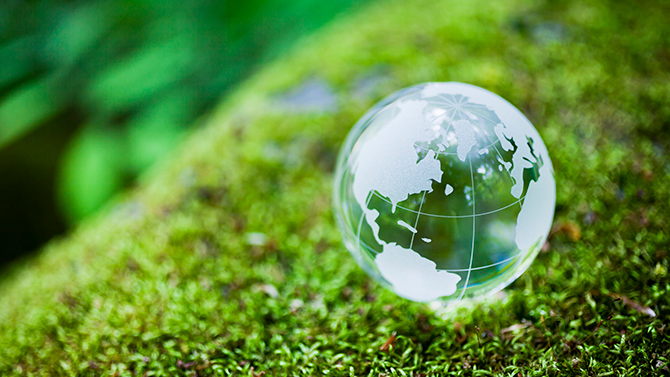
Read about initiatives to achieve a low-carbon society, aiming at net-zero greenhouse gas emissions since these emissions are implicated in global warming.

In view of ongoing globalization and the growing complexity of supply chains, companies need to respond appropriately to issues in supply chains.

The pace of workstyle reform is accelerating as the COVID-19 pandemic has prompted numerous companies to embrace novel ways of working.

For companies, the COVID-19 pandemic has brought the crucial importance of employee health into sharp focus.
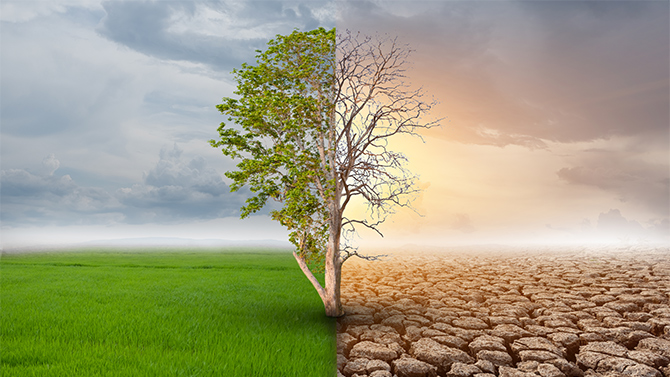
Accelerating global warming poses serious business risks. Accordingly, companies need to formulate strategies and implement specific countermeasures from a medium- to long-term perspective.
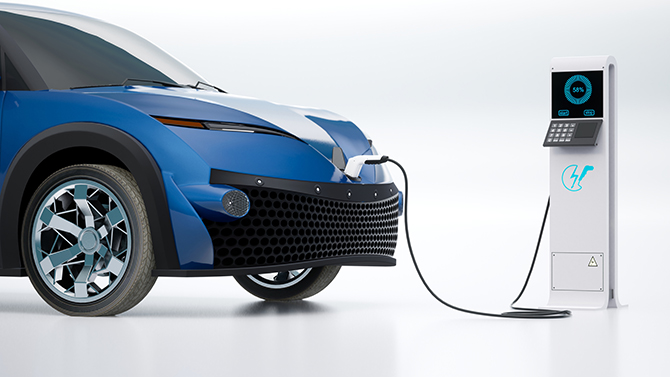
Spurred by efforts to reduce environmental impacts and in line with increasing social needs, replacement of gasoline-powered vehicles with electric vehicles is accelerating.

Vigorous initiatives are afoot to tackle social issues by revitalizing communities and the interpersonal relationships that bind them together.

Poverty persists in contemporary Japan and the existence of child poverty is a grave concern.
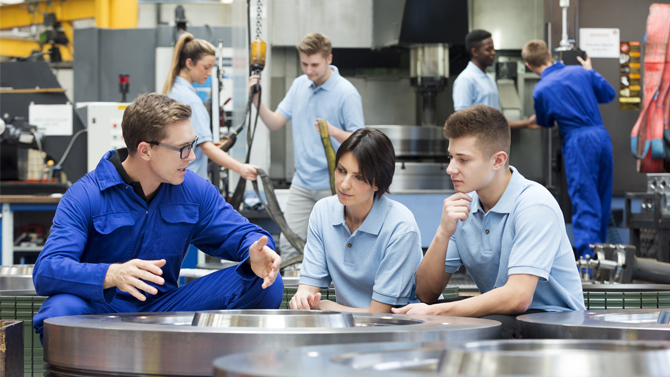
In view of the continuing decline of Japan’s working age population, due to population aging coupled with a low birthrate, development of the next generation is an urgent issue.

The rapid progress in medicine in recent years is largely due to the efforts of not only universities and other research institutions but also of companies to develop cutting-edge technologies.
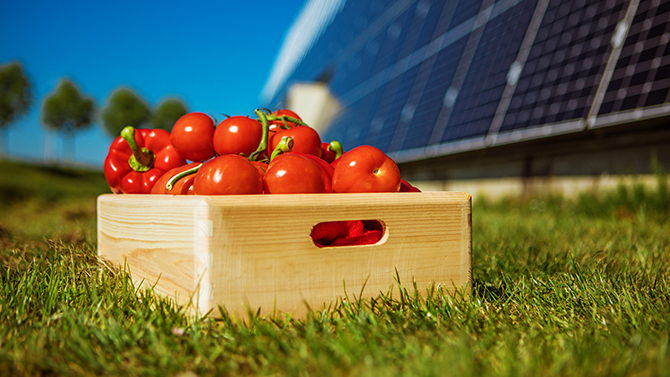
Numerous initiatives to promote industry and commerce at the regional and community level are underway, involving the use of renewable energy and thus contributing to decarbonization.

One-third of food produced is lost or wasted globally, amounting to about 1.3 billion tons per year. Food loss and waste is a pressing issue in need of a solution.

Companies are addressing a wide range of issues so that people and companies can coexist in harmony with the global environment.

In addition to natural disasters, there are various types of hazards whose nature, incidence and severity are changing with the times. Resilience and flexibility are indispensable in dealing with them.
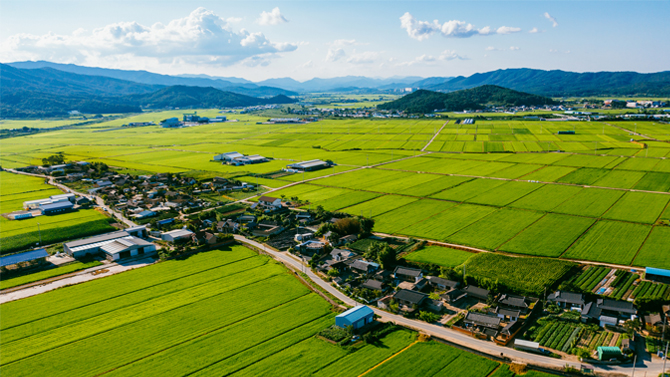
Read about initiatives to achieve sustainable regional revitalization. The attributes and resources that each region can offer are leveraged to strengthen local economies and overcome the problem of population decline.